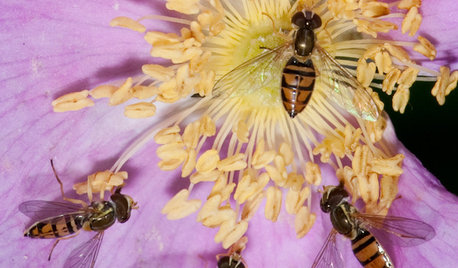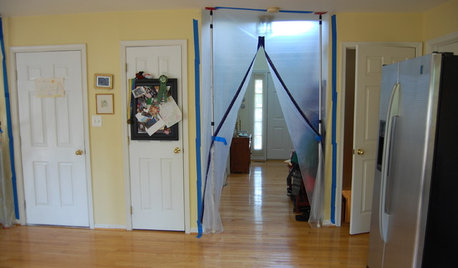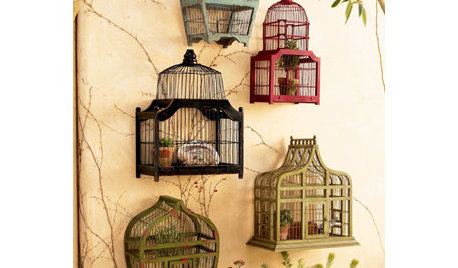White flies elimination
StillyGarden
11 years ago
Related Stories

LIFELate Again? Eliminate the Things Holding You Up in the Morning
If you find yourself constantly running late for appointments, work and get-togethers, these tips could help
Full Story
MOST POPULARHow to Get Rid of Those Pesky Summer Fruit Flies
Learn what fruit flies are, how to prevent them and how to get rid of them in your home
Full Story
GARDENING GUIDESThis Fly Is One of the Most Beneficial Insects Around
Meet the syrphid fly, a colorful pollinator that also beats chemicals for controlling aphids and other garden pests
Full Story
HOME TECHIs It Curtains for Curtains? Smart Glass Eliminates Window Coverings
Windows can now control light and heat through electricity and high-tech formulations, making blinds and shades optional
Full Story
RUSTIC STYLEHouzz Tour: A Fly Fisher’s Dream Along the Yellowstone River
This new home combines local ranch style with contemporary elements, including energy efficiency
Full Story
WINDOWSFlying Colors: Stained Glass Through the Ages to Today
Ancient palaces sported it. Monks were distracted by it. But today's stained glass designs may be more glorious than ever
Full Story
HOUZZ TVFly With a Drone Over Frank Lloyd Wright's Hollyhock House
Join us as we take a mesmerizing flight through and over Frank Lloyd Wright’s Hollyhock House
Full Story
SHOP HOUZZShop Houzz: A Black and White Bathroom Affair
Eliminate any gray areas with a high-contrast bathroom look
Full Story0

HEALTHY HOMEWhat to Know About Controlling Dust During Remodeling
You can't eliminate dust during construction, but there are ways to contain and remove as much of it as possible
Full StorySponsored
Custom Craftsmanship & Construction Solutions in Franklin County
More Discussions








Okiedawn OK Zone 7
mksmth zone 7a Tulsa Oklahoma
Related Professionals
Caldwell Landscape Contractors · Davidson Landscape Contractors · Fair Oaks Landscape Contractors · Hawthorne Landscape Contractors · Lady Lake Landscape Contractors · North Highlands Landscape Contractors · Palatine Landscape Contractors · Markham Landscape Contractors · Maple Grove Decks, Patios & Outdoor Enclosures · Gladstone Decks, Patios & Outdoor Enclosures · Hendersonville Decks, Patios & Outdoor Enclosures · Jeffersonville Decks, Patios & Outdoor Enclosures · Palo Alto Decks, Patios & Outdoor Enclosures · Pittsburgh Decks, Patios & Outdoor Enclosures · Waukesha Decks, Patios & Outdoor EnclosuresStillyGardenOriginal Author
StillyGardenOriginal Author
Okiedawn OK Zone 7
StillyGardenOriginal Author